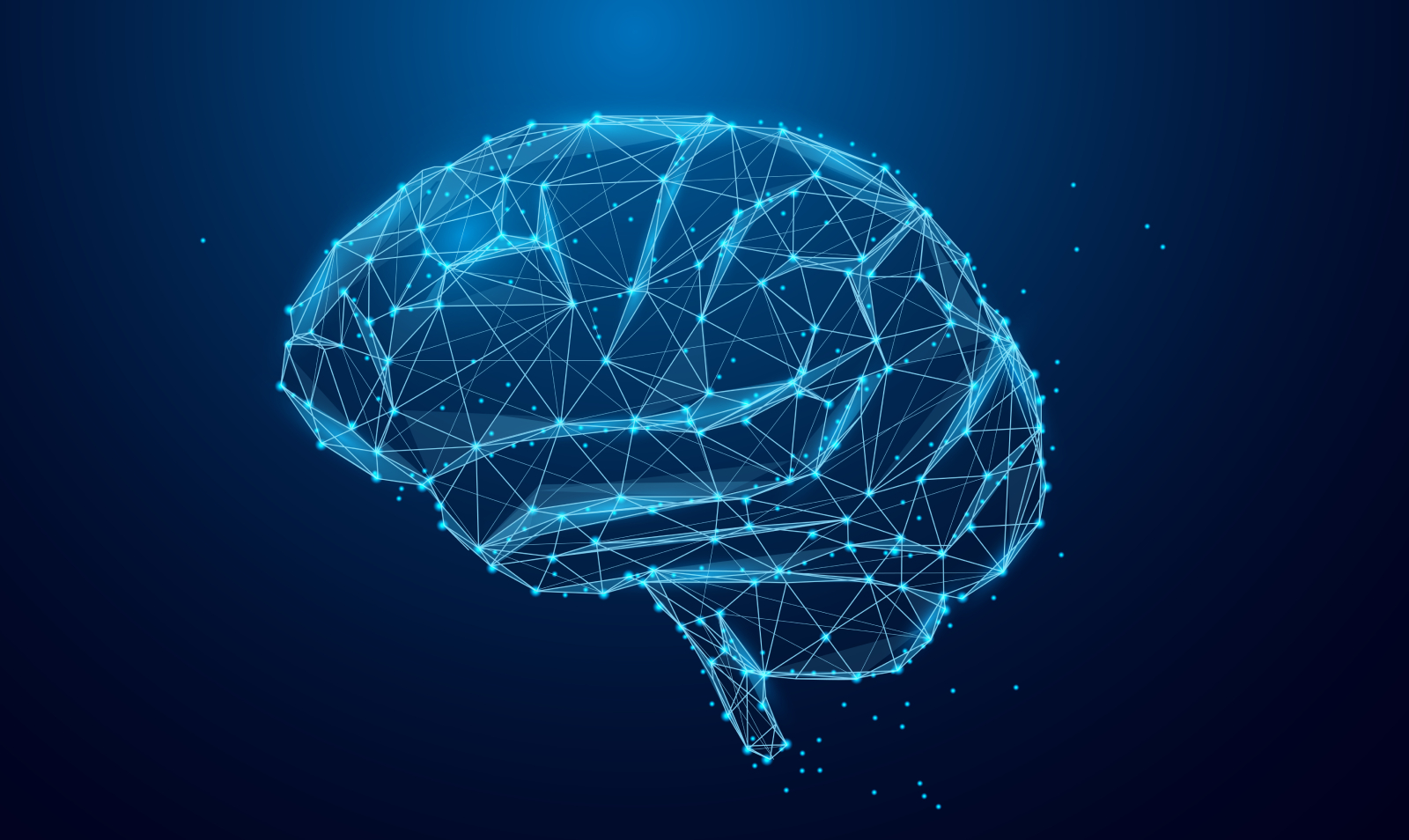
Erin Calipari, associate professor of pharmacology and associate director of the Vanderbilt Center for Addiction Research, has received a grant of nearly $2 million from the National Institute on Alcohol Abuse and Alcoholism to understand what happens in the brain that makes individuals return to drinking after periods of abstinence.
Alcohol use disorder is a condition where alcohol affects the brain in a way that leads to harmful behaviors in various aspects of a person’s life. Despite the widespread occurrence of excessive drinking and its estimated $249 billion cost to the U.S. economy, current treatments are not very effective, especially in preventing people from going back to drinking after they’ve tried to quit.
“Our goal is to understand why individuals suffering from AUD drink and how this differs from healthy individuals. Healthy individuals report drinking because they enjoy being intoxicated. Many individuals suffering from AUD report drinking to avoid withdrawal symptoms or to avoid stress or other negative feelings,” Calipari said. “This grant focuses on understanding how this switch occurs and what happens in the brain as someone decides to drink under these conditions. This understanding will allow for new research … on the development of pharmacotherapies that target this disorder.”
A significant characteristic of AUD is that some people experience negative emotions when they stop drinking alcohol. For them, the urge to drink more or return to drinking is driven by a desire to avoid feeling bad. Previous research has focused mainly on understanding why quitting alcohol makes people feel bad, but there is still room to figure out how this negative reinforcement pushes people to keep drinking.
“By conducting this research, we aim to better understand how the brain’s mechanisms related to negative reinforcement also drive the desire to drink alcohol in a controlled manner. This knowledge is crucial for our understanding of AUD and why individuals may continue to drink even after trying to quit,” Calipari said.
One key area in the brain related to motivation and goal-directed actions is called the nucleus accumbens (NAc) core. This area contains two types of brain cells, D1 and D2 neurons, which play different roles in controlling behavior. Studies have suggested that D1 neurons are involved in positive reinforcement, feeling good from alcohol. Calipari has already shown that D2 neurons respond to cues associated with negative reinforcement. With this funding, Calipari aims to confirm if D2 neurons are activated by cues linked to alcohol after a period of not drinking (withdrawal), and this activation drives the desire to seek and consume alcohol again.
Calipari, also a faculty affiliate of the Vanderbilt Brain Institute, will use advanced techniques to monitor and manipulate D1 and D2 neurons while the brain is engaged in behaviors related to alcohol drinking and seeking.
“Addiction has a huge economic and social burden and is a disease where we have limited treatments to help people suffering,” Calipari said. “This award will allow us to better understand what happens in the brain that makes individuals return to drinking following periods of abstinence.”
